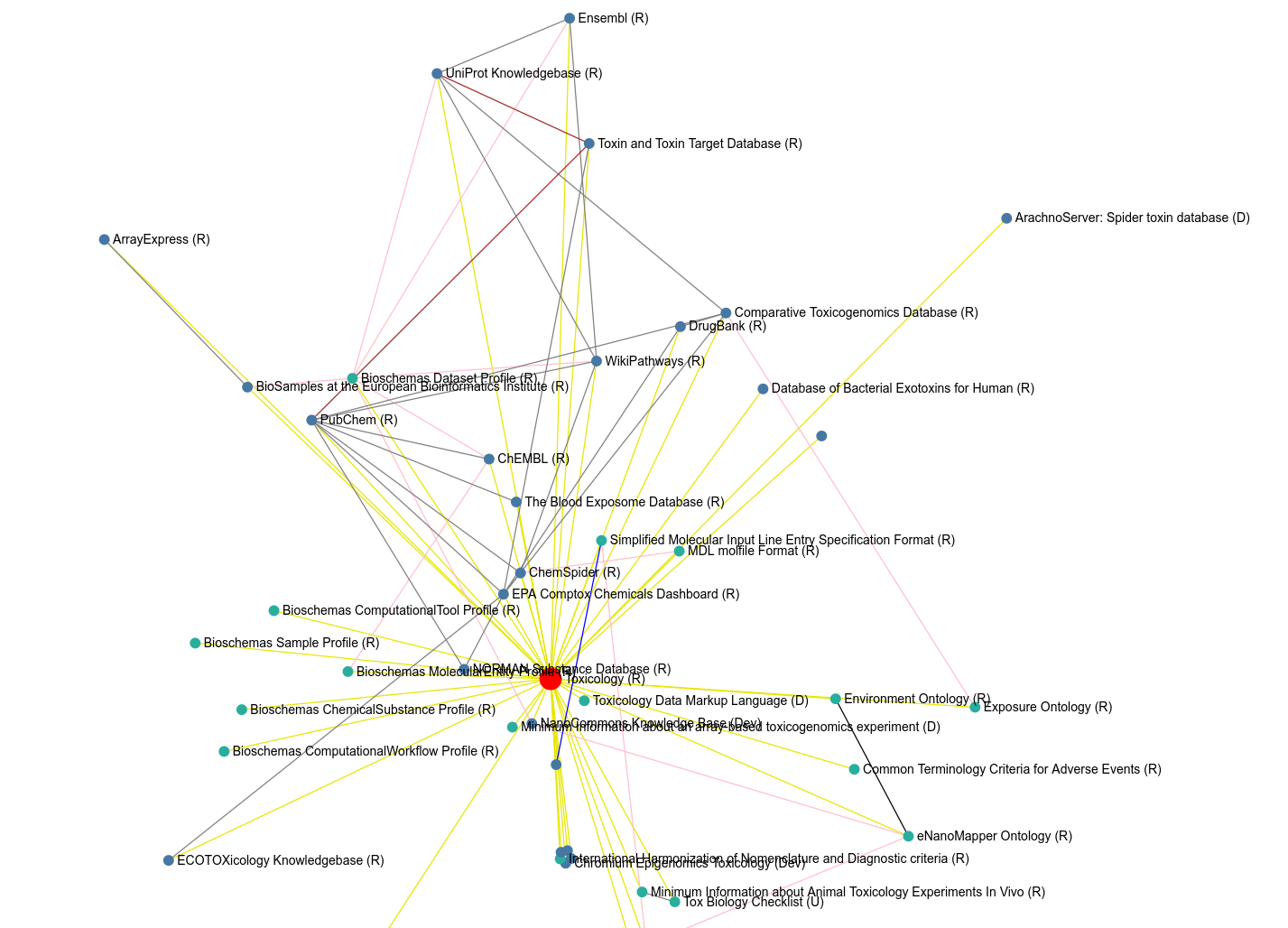Community activity #2: FAIRsharing
Some years ago we started the ELIXIR Toxicology Community. It has been an interesting journey, partly covered in this whitepaper). We started with interaction we had in several projects already, but particularly the potential. I see this. This series of posts is a number of things toxicology projects can do to benefit from ELIXIR solutions (“services”). The posts have been sent first to the ELIXIR Toxicology Community mailing list (please join!).
History
In this post, let’s look at FAIRsharing. It is “A curated, informative and educational resource on data and metadata standards, inter-related to databases and data policies” [0,1].
The ELIXIR Toxicology Community (we) maintains the toxicology corner of this database and members of our community have been adding toxicology-related databases, relevant standards. On the side of the policies we are falling a bit short: fairsharing.org/Toxicology.
Why adopt FAIRsharing
FAIRsharing is one place where metadata can be shared about your databases. It helps make your resources and research more FAIR and explains people how your work relates to other work (fairsharing.org/graph/3496):

What you can do
Get an account (with your ORCID or GitHub account) and add resources important to your research, your projects, your work generally. Particularly, (data) policies and standards you are expected to comply with are useful. Also, links between various resources. For example, if some (project) database complies with an important policy or standards, this is worth seeing show up.
Alternatively, join the ELIXIR Toxicology Community mailing list and post the missing resource there, or use our issue tracker at github.com/elixir-europe/toxicology-community/issues/.
Let’s make toxicology more FAIR.
0.https://www.nature.com/articles/s41587-019-0080-8 1.https://scholia.toolforge.org/work/Q64084285